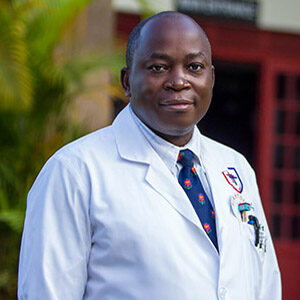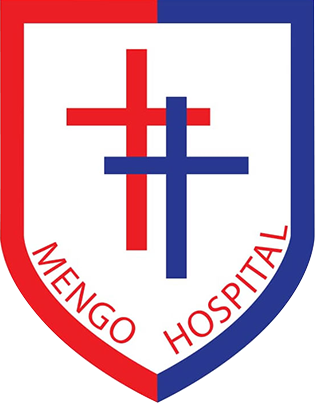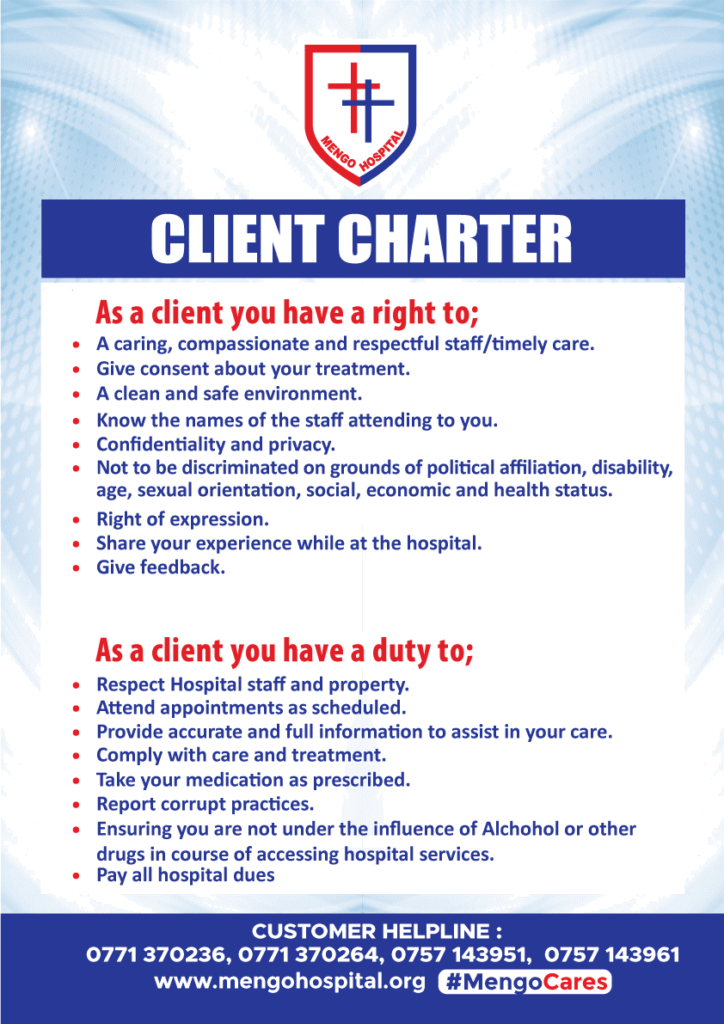Eye Department
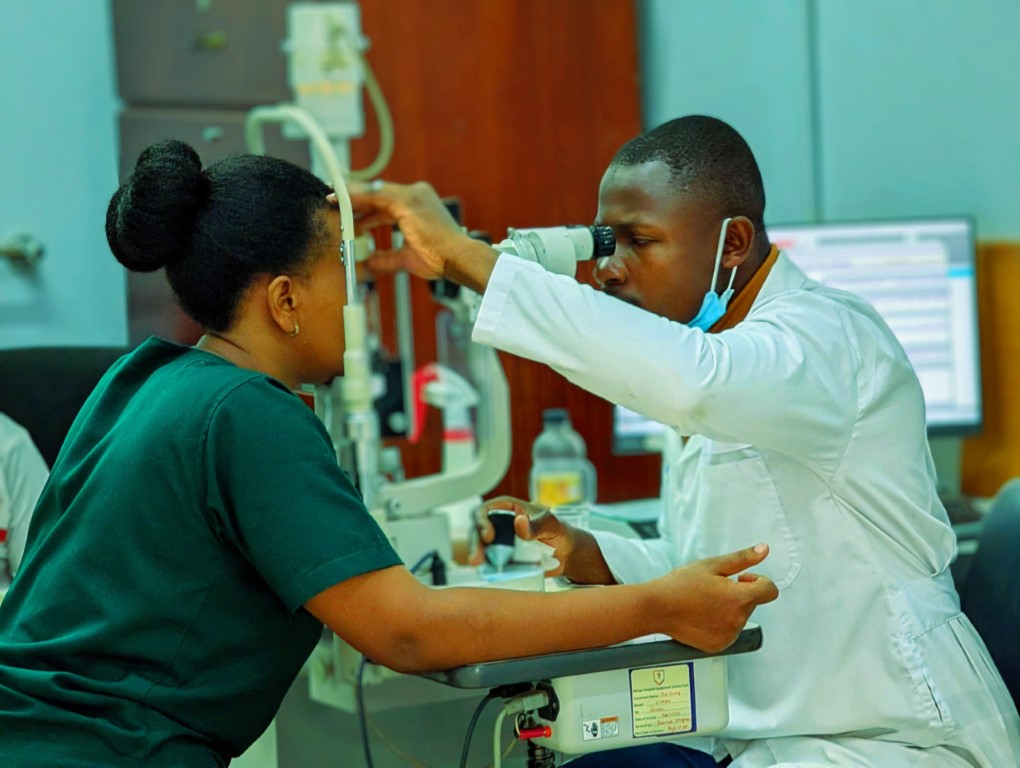
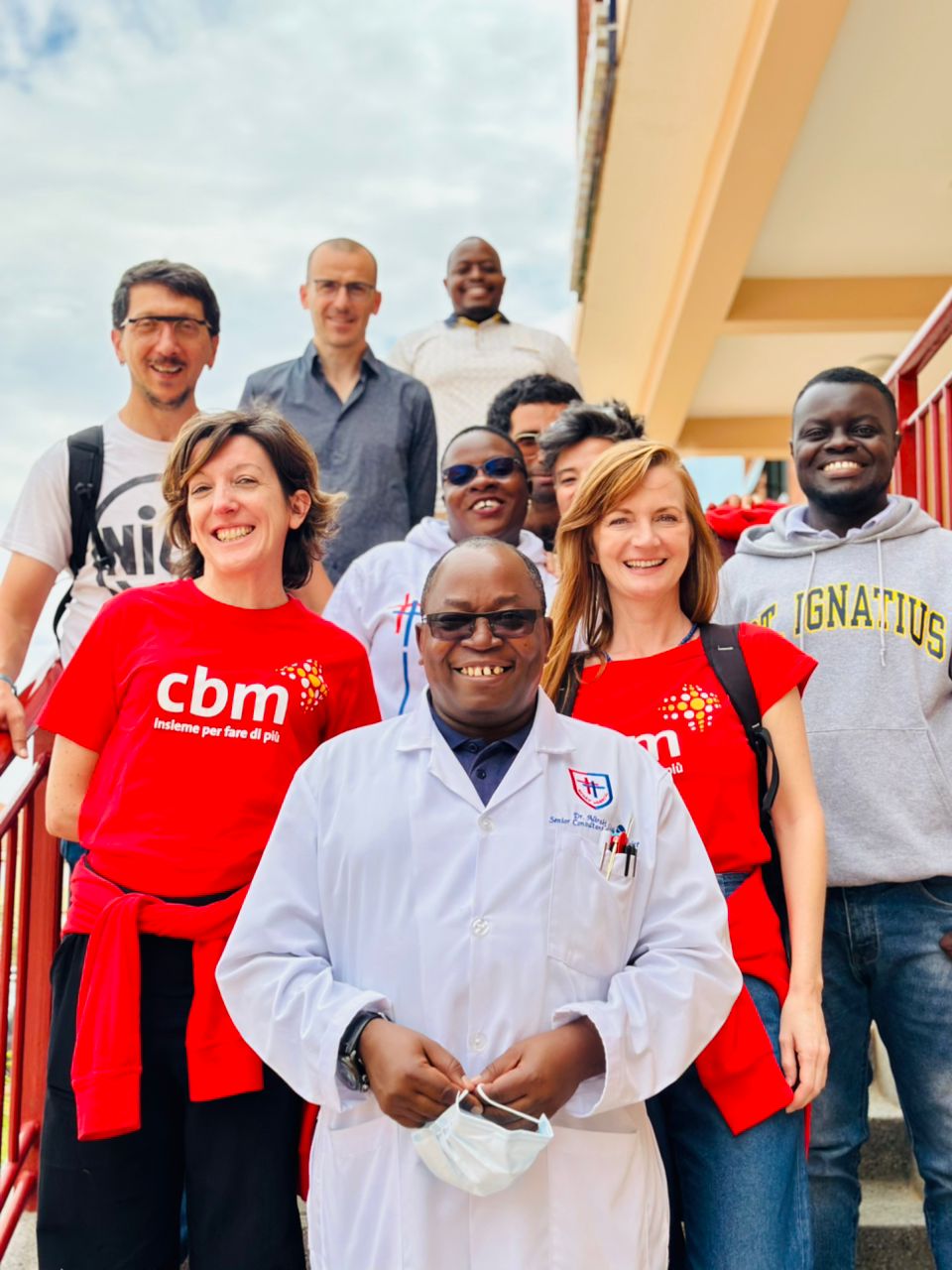
Started in 1990, the Mengo Hospital Ophthalmology Department currently receives over 320 patients during off-peak hours and 531 patients during peak hours each day. Of the more than 4,000 operations performed annually, over half are cataract surgeries. The department has grown by approximately 11 to 13 percent annually since its inception.
Since it began, the department has benefited from the support of invaluable partners such as the Ministry of Health, Christian Blind Mission, Friends of Mengo, NGOs, Christian medical foundations, private donors, alumni, and others, all of whom have contributed to its rapid growth. The newly rebranded spectacle and contact lens centre, which offers high-quality and affordable products to patients, is a clear demonstration of this progress. Additionally, the imaging centre has been upgraded with modern equipment to enhance accurate diagnosis, surgical planning, and treatment.
With a highly experienced team of primary eye care workers, the Mengo Hospital Eye Clinic provides a comprehensive range of medical and surgical services to address eye problems for patients of all ages.
Additionally, as part of our community outreach, the eye care department conducts free checkups and provides care within 80 km of the hospital for those who cannot afford to visit the clinic.
Primary eye care team
Skilled with Primary Eye Care training, they are capable to Identify, diagnose and treat most of the eye conditions. They are usually the first point of contact
- Ophthalmic Eye care Nurses: In primary eye care they are capable of assessing, diagnosing and management of common conditions.
- Ophthalmic Clinical officers: They are skilled in diagnosing and treating most of the medical conditions of the eye. They perform outreach services to the community.
- An Optometrist: is the one that takes care of your spectacles and contact lens care needs. They are usually diagnosing and managing most simple medical Eye conditions like conjunctivitis and refer conditions like Glaucoma. They will assess patients with binocular abnormalities, squint and Low vision patients.
- Orthoptist:– (Tripple trained OCO, Nurse and refraction, orthoptist) these are well trained to diagnose, assess and evaluate the following
- binocular Abnormalities(Double Vision)
- squint evaluation (miss aligned eyes)
- Nystagmus evaluation
- Follow up post-surgical nystagmus cases
- Able to offer refractions
- Perform non-surgical management of squint and Ambrosia
- Low vision therapist: Skilled team that asses, Instructs individual on the use of remaining vision with optical devices, and assistive technology. They can help determine the need for environment modifications at home, workplace or school in order to help visual impaired people to live a more productive life.
- Ophthalmic theater nurses are specifically trained to prepare and handle delicate instruments used in ophthalmic theaters. They assist eye surgeons in giving numbing medications and assist surgeons on operating table.
Advanced Care Team
Working together with the primary eye care team, we have highly skilled ophthalmologists, who are medical doctors skilled and specialized in treating and caring for eyes who handle difficulty medical and surgical conditions of the eye. Comprehensive ophthalmology (general ophthalmologists)
We also have ophthalmologists who subspecialized in managing different areas of the eye all capable to do good cataract surgeries with modern techniques.
Subspecialty available;
- Anterior Segment and cornea subspecialties
- Glaucoma subspecialist
- Retina and Vitreous subspecialists
- Pediatrics and strabismus (squint) subspecialist
- Orbit and oculoplastic
- Neuro ophthalmology
Services Offered
- General and Private Outpatient Services For Adults and Children
- Inpatient Admission For Private And General Patients
- Pharmacy
- Optical Services (Eyeglasses)
- Eye Surgery
- Laser Photocoagulation
- Yag Laser
- OCT
- Eyedrop Production
- Fundus Imaging
- Visual Field Testing And Analysis
- Night Driving Vision Testing
- Comprehensive Visual Assessment For Ability To Safely Drive
- Imaging and Diagnostic Center
- Laser Treatment For Glaucoma (SLT)
- Cryosurgical Services
Special Clinics
- Orthoptist (Squint) Clinic
- Low Vision Clinic
- Retina Clinic
- Glaucoma Clinic
- Children’s Clinic
- Cornea and Anterior Segments
Section Ammenities
- General consultation- 25,000, special clinic in General section 35,000
- Private consultation-50,000
- Express consultation-100,000
- Same day surgical procedure
- Excellent Emergency Care
What is considered Eye Emergencies
- Severe eye pain
- Injury to the eye
- Sudden loss of vision
- Eye infection
Patient Care
To ensure that you receive a comprehensive examination and a smooth experience, your visit is divided into stages. Each team plays a specific role to improve clinic efficiency.
There are four main areas of the clinic:
- General and Assessment Wing
- Private Wing
- Express (Fast Track) Consultation Wing
- Subspecialty Clinic
In each of these areas, you will be welcomed at the reception desk, where an ophthalmic nurse will record your vital signs. You will then be guided to the appropriate waiting area. From there, you will be invited to pay the consultation fee at the cashier. After payment, take the receipt to the front desk officer, who will direct you to the next stage.
During the next steps, your vision will be assessed, and if you are 40 years or older, your intraocular pressure will be measured. Your eye health history will also be recorded at this point.
In collaboration with the primary eye care team, we have highly trained ophthalmologists. These are medical doctors who specialize in the diagnosis, treatment, and management of eye diseases, including both medical and surgical conditions. Our general ophthalmology team provides comprehensive eye care.
We also have subspecialist ophthalmologists who are trained to manage specific areas of eye care. All are skilled in performing cataract surgeries using modern techniques.
The available subspecialties include:
- Anterior Segment and Cornea
- Glaucoma
- Retina and Vitreous
- Pediatrics and Strabismus (Squint)
- Orbit and Oculoplastics
- Neuro-Ophthalmology
Eye Department Schedule
- Monday to Friday
- Weekends & Public Holidays
- Open for Emergencies 24/7
Checklist for Eye Consultation
- Any current medications, including eye drops.
- The spectacles you are currently using.
- Records of previous eye examinations, if available.
- Your insurance card, if you have medical coverage.
- If you are driving to the hospital, please come with someone who can drive you back. Eye drops used for dilating your pupils may cause temporary blurred vision, making it unsafe to drive.
Note: Pupil dilation is often necessary for patients with diabetes, or those visiting the Retina or Glaucoma clinics.
Length of OPD visit
All patients are seen on a first-come, first-served basis, except in cases of emergencies as defined above. Patients may also choose to pay for fast-track or express consultations, which require prior booking.
Please do not be concerned if someone who arrived after you is called in first. There may be up to 10 examiners working at the same time, and you may be scheduled with a different doctor. We kindly ask that you refrain from requesting special treatment while already in the queue.
Due to the time needed for pupil dilation, examinations, and investigations, your visit may take up to 3 hours. This allows us to ensure a thorough and comprehensive eye assessment.
What to expect!
- Examination Under slit Lamp
- Refraction
- Dilatation of the pupil to facilitate better examination. It usually takes 30mins but persons with Diabetes may take up to 60 minutes to dilate.
- Some investigation and imaging when required
Point to Note
While your eyes are dilated, your vision may become blurry, and you might have difficulty focusing on nearby objects. You may also experience increased sensitivity to light. We recommend wearing sunglasses after your visit to reduce discomfort.
The effects of dilation can last up to 24 hours, although this varies from person to person. For your safety, we advise that you do not drive for 24 hours after eye dilation.
NEW! – As of 2025 in addition to Saturdays the Eye Department Now open on Sundays to serve the patients from 8 am to 2 pm.
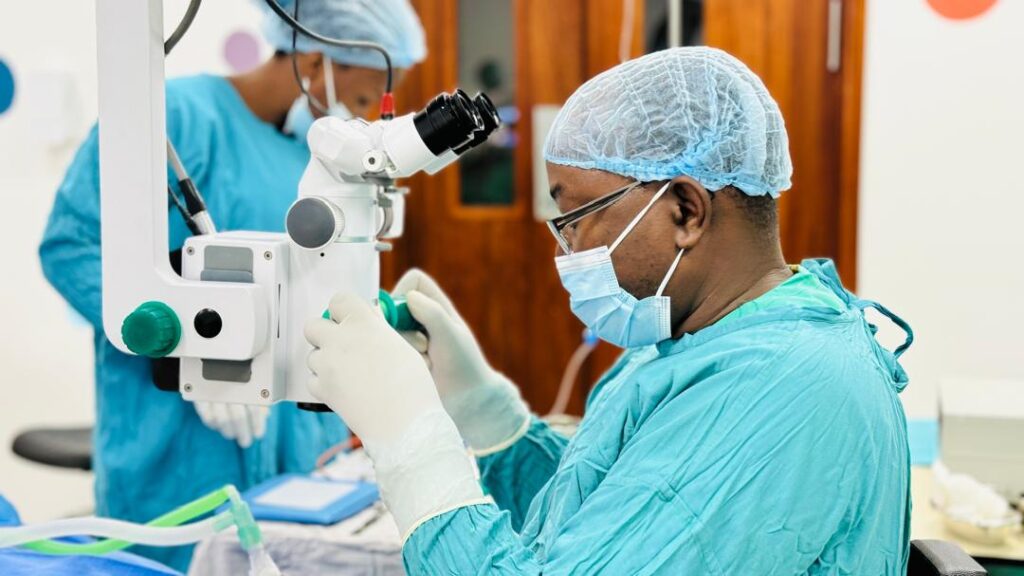
Specialists
